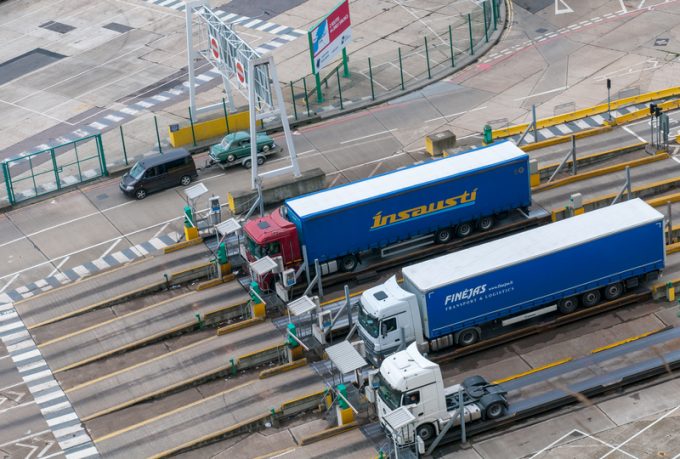Costly import red tape means UK food prices will rise, expert warns
UK food importers are clashing with the government over a threat of inflationary increases to ...

Shippers are “sleepwalking” towards the changeover of the UK’s customs infrastructure and need to “wake up” rather than seek to saddle HMRC with the blame for their failings, say freight specialists.
From September, UK imports will run through the new Customs Declaration Service (CDS), as HMRC terminates support for the Customs Handling Imports and Exports Freight Platform (CHIEF).
However, there is mounting concern over the preparedness of importers for the switch.
Forward Solutions MD Richard Litchfield told The Loadstar: “I think we are ...
Volcanic disruption at Anchorage could hit transpacific airfreight operations
Shippers snap up airfreight capacity to US ahead of tariff deadline
New price hikes may slow ocean spot rate slide – but for how long?
Tighter EU import requirements proving 'a challenge' for forwarders
Looming Trump tariffs will create 'a bureaucratic monster' for Customs
Airfreight demand expected to weaken through Q2
Forwarders stay cool as US 'liberation day' tariffs threaten 'global trade war'

Comment on this article